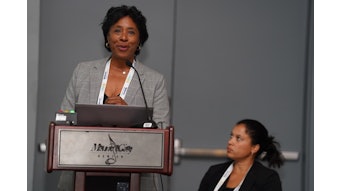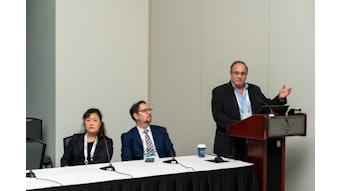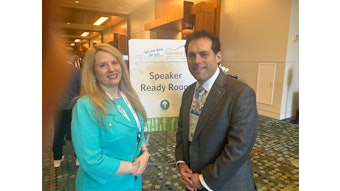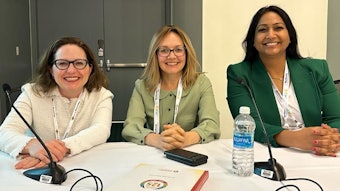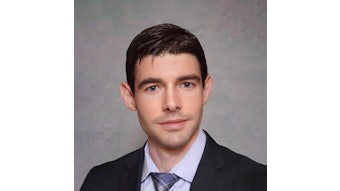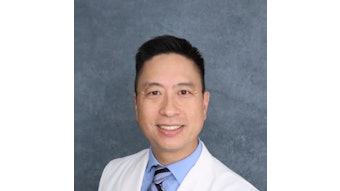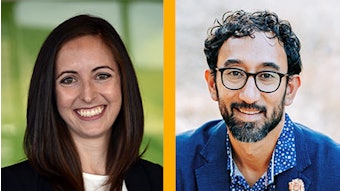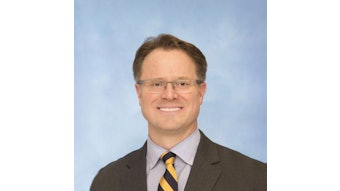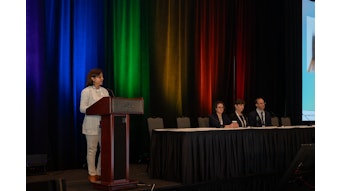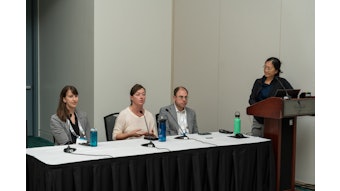Reading Between the Lines
Evaluating and shaping health services research.
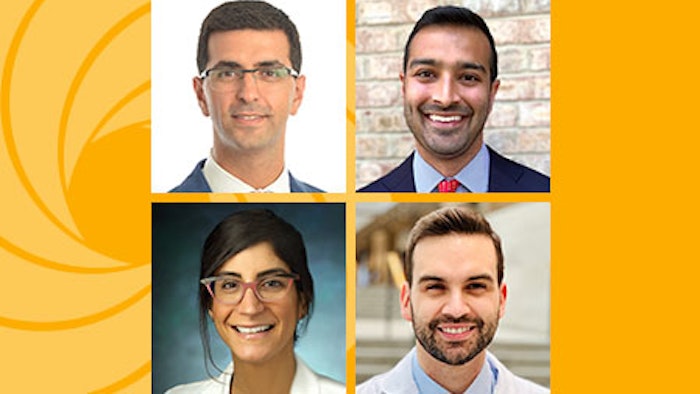
Health services research is the backbone for the structures that affect how patient care is accessed, delivered, and consumed. Yet, many otolaryngologists know little about their own role—and opportunity—to re-evaluate and shape these structures for the better.
Wednesday’s session, “How Healthcare Policy Affects Otolaryngology Practice: Primer on Health Services Research” gives attendees a starting point and helpful tips for moving forward—tips designed to improve their practice’s bottom line. Antoine Eskander, MD, ScM, FRCSC, serves as the session moderator.
“I believe that the uniquely diverse clinical nature of our specialty puts otolaryngologists front and center for many pressing health policy issues, such as the high cost of prescription drugs, role of ambulatory surgical centers, and changes in cognitive and procedural physician reimbursement,” said Vinay K. Rathi, MD, MBA, a rhinology and anterior skull base surgery fellow at The Medical University of South Carolina in Charleston and a session panelist.
In recent years, issues such as surprise billing, rising head and neck cancer rates, access to hearing health, and pandemic-inspired practices have challenged the status quo and created opportunities for new ideas. Implementation, however, remains a challenge.
As an otolaryngologist and health services researcher, Dr. Rathi said he has seen how his fellow clinicians can offer insights on the clinical and financial implications of policies. However, they are not always aware of how the rules are structured and what is coming down the pipeline.
“I think greater emphasis on these fundamental concepts in our medical education and literature could help otolaryngologists better serve our patients and solve the immense problems facing our healthcare system,” Dr. Rathi said. “As a health services researcher, I have been consistently impressed with the Academy's advocacy efforts, which always offer timely and well-reasoned guidance on late-breaking policy issues.”
Wednesday’s session will serve as a primer on health services research in otolaryngology. Panelists will dissect how health policy interacts with socioeconomics, health technology, and organizational structures to influence the end products of healthcare delivery. The burgeoning field of health services research provides critical insights into the current state of otolaryngology, whether by evaluating the effects of new policies or by providing evidence to drive innovations in care delivery. A key aspect of health services research relates to detecting, understanding, and reducing the health inequities that have been identified across all subspecialties.
According to fellow session panelist Leila J. Mady, MD, PhD, MPH, assistant professor of otolaryngology-head and neck surgery at Johns Hopkins University in Baltimore, Maryland, the tools of health services research offer insight into healthcare utilization across subspecialties, identifying areas of unexpected variation, and uncovering opportunities to improve care. Dr. Mady and others on the panel will present specific case examples illustrating how health services research has led to deeper understanding and driven improvements in otolaryngologic care. One such example, she said, are the initiatives in hearing healthcare driven by health services research.
“The traditional model of clinic-based, fee-for-service hearing healthcare requires multiple visits to several providers over many months, uses hearing aids paid out of pocket not covered by most insurances, and heavily relies on an individual's access to transportation, financial resources, and health literacy. Due to these barriers, many older adults are unable to address their hearing loss, which can impact cognitive health, depression, social isolation, and loneliness,” Dr. Mady said.
One challenge for otolaryngologists, she said, may be knowing how to critically appraise new policies and outcomes literature. Dr. Mady offers these tips:
- Understand the research question and objectives
- Assess sample size and power
- Examine the data collection method
- Analyze data analysis techniques
- Consider bias and confounding
- Check for generalizability
- Evaluate outcome measures
- Look for replication and consistency
- Assess strength of association and significance
- Examine limitations and weaknesses
- Consider funding and conflicts of interest
- Consider real-world applicability
The views of Dr. Rathi and Dr. Mady represent U.S. health services research. However, the panel also will provide an international perspective through Christopher W. Noel, MD, PhD, an otolaryngologist at the University of Toronto in Canada. Dr. Noel earned his PhD in clinical epidemiology and health services research.
“In Canada, one critical emphasis we make is to assure that the transition from research to clinical care really works,” Dr. Noel said. “What you see in research doesn’t always work out in the real world. So, we employ a lot of different tools to confirm the research. That includes patient surveys. We must be very critical of literature for our patients’ sake.”
